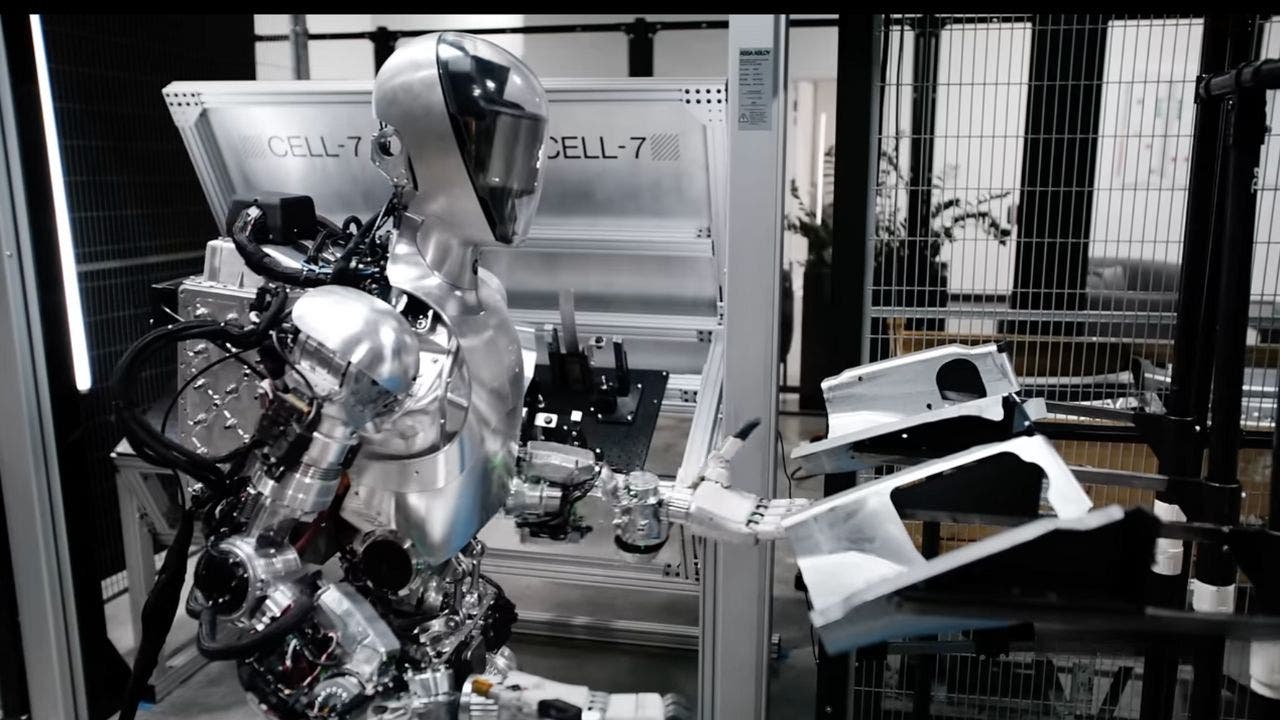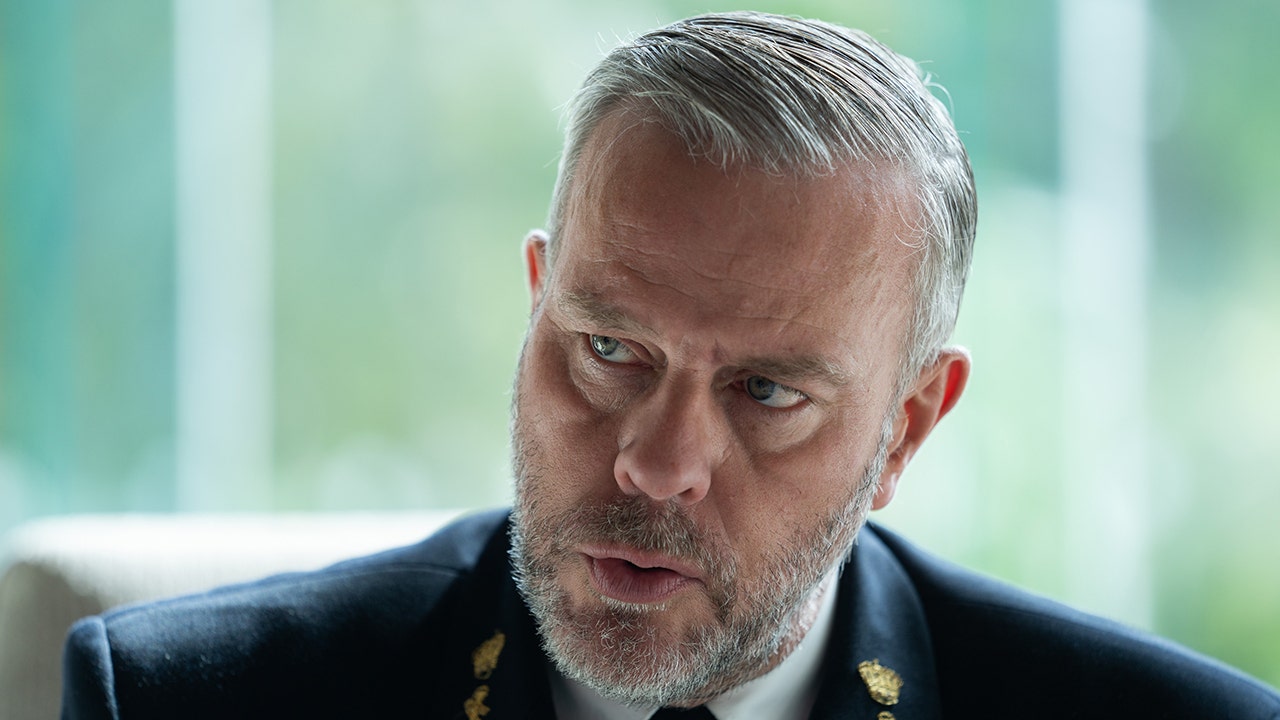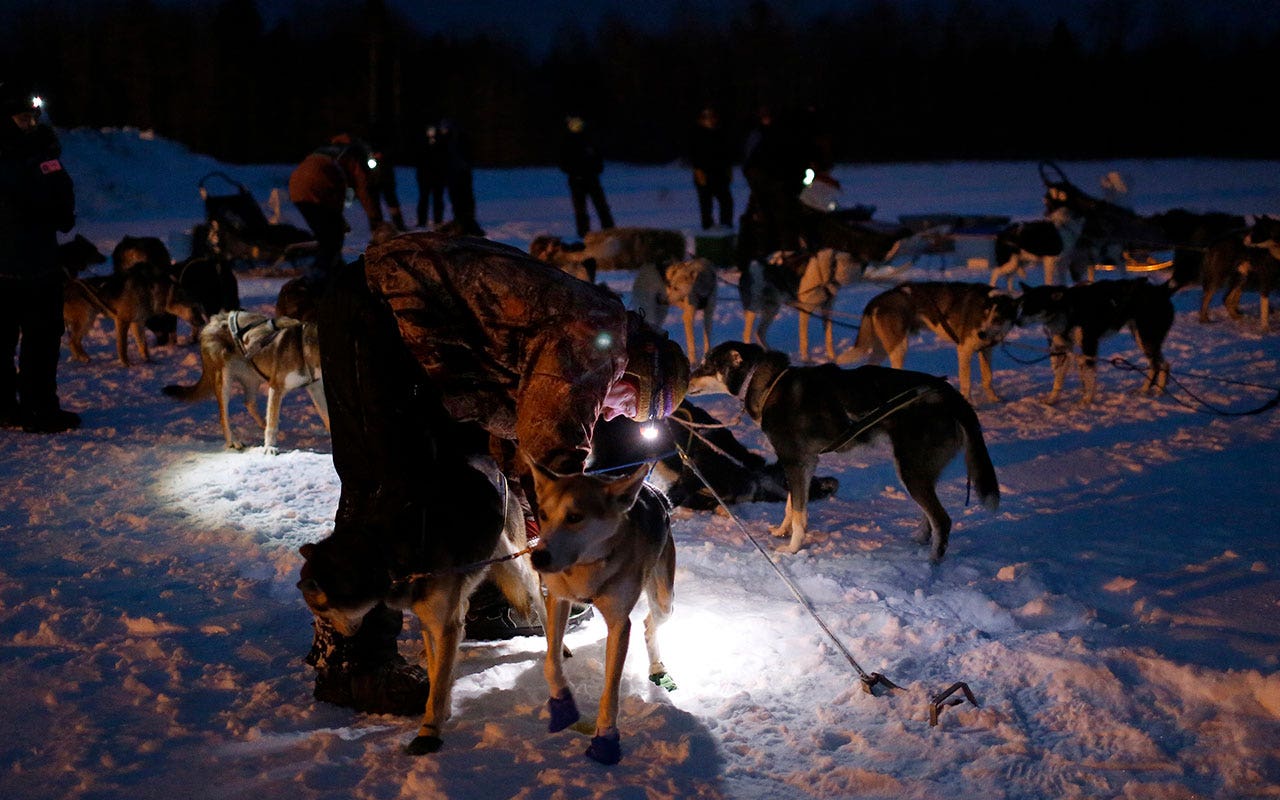The French president, Emmanuel Macron, who believes that a personal touch is the key to diplomacy, lured President Xi Jinping of China to a 7,000-foot pass in the Pyrenees on Tuesday, expecting to show off the sweeping views that had stamped his childhood, but instead finding dense fog and wild snow flurries.
It was a long, slippery road up the mountain, under torrential rain, but that didn’t stop crowds of Chinese admirers with red flags and pennants from gathering in almost every village along the way, miraculously transposed to a remote area of southwestern France and seemingly uniform in their enthusiasm.
Undeterred, but running two hours late, Mr. Macron greeted Mr. Xi under an umbrella at one of his favorite restaurants, “L’Auberge du Berger,” or the “Shepherd’s Stop,” where dancers in colorful local dress twirled and jigged to the sounds of a flute, an accordion and a tom-tom.
Mr. Xi was impassive, but his wife, Peng Liyuan, smiled broadly and applauded.
Using the familiar “tu” form to address Mr. Xi, 70, rather than the formal “vous” that would have been more customary between heads of state, Mr. Macron, 46, offered the Chinese leader a yellow jersey signed by last year’s Tour de France winner, Jonas Vingegaard, a Danish cyclist.
“I know how much you love sport,” Mr. Macron said. Mr. Xi is known for his interest in soccer.
The Col du Tourmalet, where the leaders met, has mythical status in the Tour de France; its steep and winding ascent is a severe test. It is also a place dear to Mr. Macron, who regularly came here from his home in northern France to stay at the nearby house of his maternal grandmother, Germaine Nogues, the member of his family about whom he speaks most effusively.
Eric Abédie, the chef and a friend of Mr. Macron, offered a lunch of ham — cured for 24 months, from the black pigs of the region — shoulder of lamb, and blueberry tart. Cheeses and fine wines abounded. The ham, served as an aperitif, particularly impressed Mr. Xi, who said he would promote it back home. The atmosphere was festive, intimate and relaxed, as Mr. Macron wished.
What exactly it would achieve was another matter. Over two days of talks, Mr. Xi has smiled a lot but offered little, particularly on European requests that he help end the war in Ukraine. With a succession of leaders, including Vladimir V. Putin of Russia and Donald J. Trump, the former American president, Mr. Macron has demonstrated his belief in his powers of seduction, only to be rebuffed or ignored.
French officials, who spoke on condition of anonymity in line with diplomatic practice, said Mr. Macron had forged a unique, close relationship with Mr. Xi since they first met as presidents six years ago, offering him a conduit into the intimate thinking of the Chinese leader that no other Western power has.
They pointed to a joint Sino-French statement on the Middle East, issued Monday, condemning all forms of terrorism, including the Hamas attack on Israel of Oct. 7, as evidence of the importance of this bond at a time of great global instability.
Others have a different view. “You can seduce voters,” Bertrand Badie, an expert on international relations at Sciences Po University in Paris, said, noting that Mr. Macron has done so more than once. “It’s harder to carry that over into the complexities of international relations,” even if a “new partnership with China” was a worthwhile goal.
The lunch itself was private, a four-person affair for the two leaders and their spouses. It had been planned for the terrace, but for obvious reasons that was a non-starter. The idea was for both parties to speak freely and frankly.
Little filtered out, but the officials said human rights issues in China had been raised by Mr. Macron both Monday and Tuesday, although there has been no reference made in any communiqué.
The question became particularly delicate after Valérie Heyer, who will lead of Mr. Macron’s flailing Renaissance Party in the European Parliament elections next month, described China’s treatment of Uighurs in the northwestern region of Xinjiang in the harshest terms.
In an interview with Sud Radio this week, she said that her personal view was that “very probably” the Chinese oppression amounted to genocide. The French officials had no comment but said Mr. Macron did not use the word.
They did, however, note that the wine served was a Jean-Luc Colombo 2008 vintage, the year of the Beijing Olympics, and that its “robe rouge,” or red dress, recalled the name of a famous Chinese tea made in Fujian province, one once governed by Mr. Xi.
Diplomacy is a subtle business, at least as practiced by the French.






